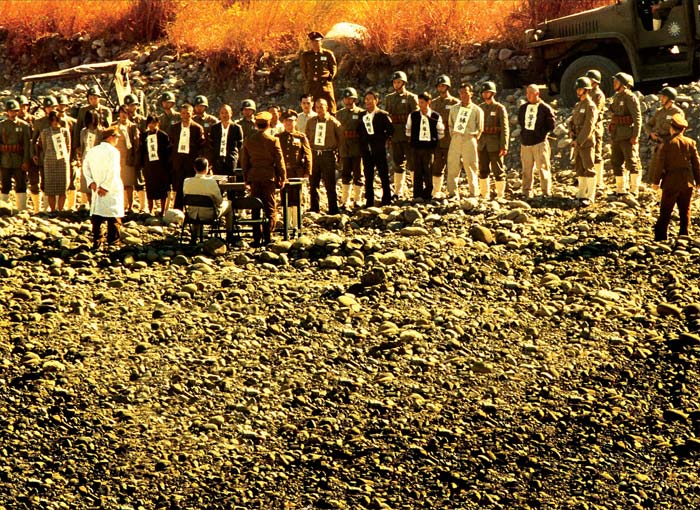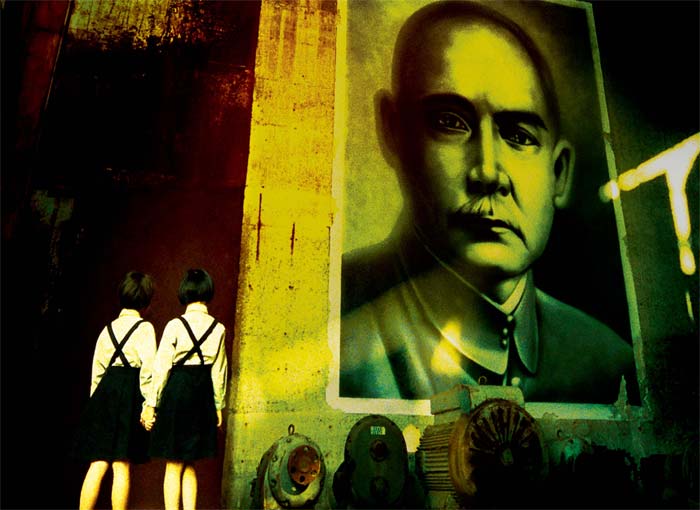
Prince Of Tears is a historical drama directed by well-known Hong Kong film director, Yonfan. A look into 1950s Taiwan, the film documents a young family during an era when Communists — and suspected Communists — were questioned and detained by the Taiwanese government. It is a tale of simultaneous betrayal and loyalty, where best friends turn into enemies and women take on lovers to secure social status. It offers a glimpse into a controversial era in Taiwanese history that is rarely discussed or even known outside of the country.
Prince Of Tears utilizes expertly crafted sets and cinematography to give viewers a look back into a time where some families were torn apart by simple accusations and others were living in extravagance. A focus is placed upon one family with two girls who find themselves abandoned when their parents are taken by the government. They are pitifully shuffled from family to family, but they are not without fault. Starting from the very first scene of the film, when the younger sister’s professor is captured, the younger sister’s naivete becomes the root cause of trouble to all those around her. Without even knowing it, she brings about tragedy upon tragedy, and Prince Of Tears becomes a film with no shortage of tears. But unlike similar films where tension becomes unbearable and misunderstandings become frustrating, Prince Of Tears is excellently paced and even the most questionable of decisions becomes understandable, to a degree.
To some, Prince Of Tears might seem overly dramatic. But, to those who are familiar with Chinese culture, the film might ring true. Most of the characters can indeed be described as intense or dramatic, but they are not inaccurately portrayed; they simply hold onto traditional values of family far beyond the notion of self, like anyone who has experienced loss might.
NOW SHOWING IN SEATTLE:
May 26, 2010 @ 9:15 PM (Admiral Theatre)









